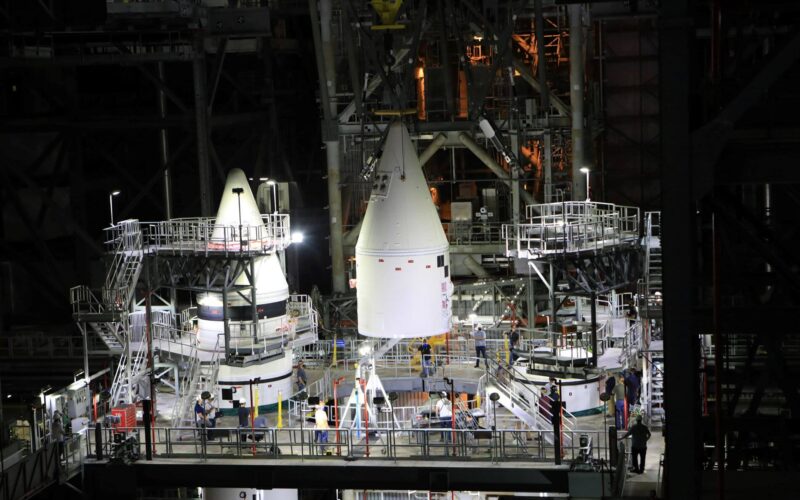NASA’s Artemis III mission, which was set to deliver astronauts to the Moon by the end of 2024, has been formally pushed back until at least 2025.
In a press release, published on November 10, 2021, NASA administrator Bill Nelson stated: “Returning to the Moon as quickly and safely as possible is an agency priority. However, with the recent lawsuit and other factors, the first human landing under Artemis is likely no earlier than 2025.”
The first crewed overflight of the Moon, the Artemis II mission, has also been delayed and is now scheduled for 2024. The mission will follow the Artemis I, an uncrewed test of the Orion spacecraft.
The delays were caused by several factors, including first-time development challenges and setbacks caused by litigation following the Human Landing System (HLS) competition.
In April 2021, after evaluating three proposals from different companies, NASA selected SpaceX to build the human lander for the Artemis mission.
However, Blue Origin, a space venture headed by billionaire Jeff Bezos, and one of the participants in the competition, contested the result, protesting the selection, and eventually suing NASA. Although the US Federal Court eventually dismissed the case, the work on the lander had to be suspended for seven months as a result of the lawsuit.
Extensive budget cuts also contributed to the delay. In a press conference on November 9, Nelson said the US Congress simply did not provide NASA with enough funding prior to the 2022 budget, Space news reports. Although the agency requested $3.3 billion for the Artemis missions when outlining its 2021 budget, it received only $850 million.
Despite these challenges, NASA says it is still committed to the manned exploration of the Moon and eventually even Mars.
“Going forward, NASA is planning for at least 10 Moon landings in the future, and the agency needs significant increases in funding for future lander competition, starting with the 2023 budget,” Nelson said in the press release.
The schedule for other programs, such as the Lunar Gateway space station, remains unaffected, NASA says

